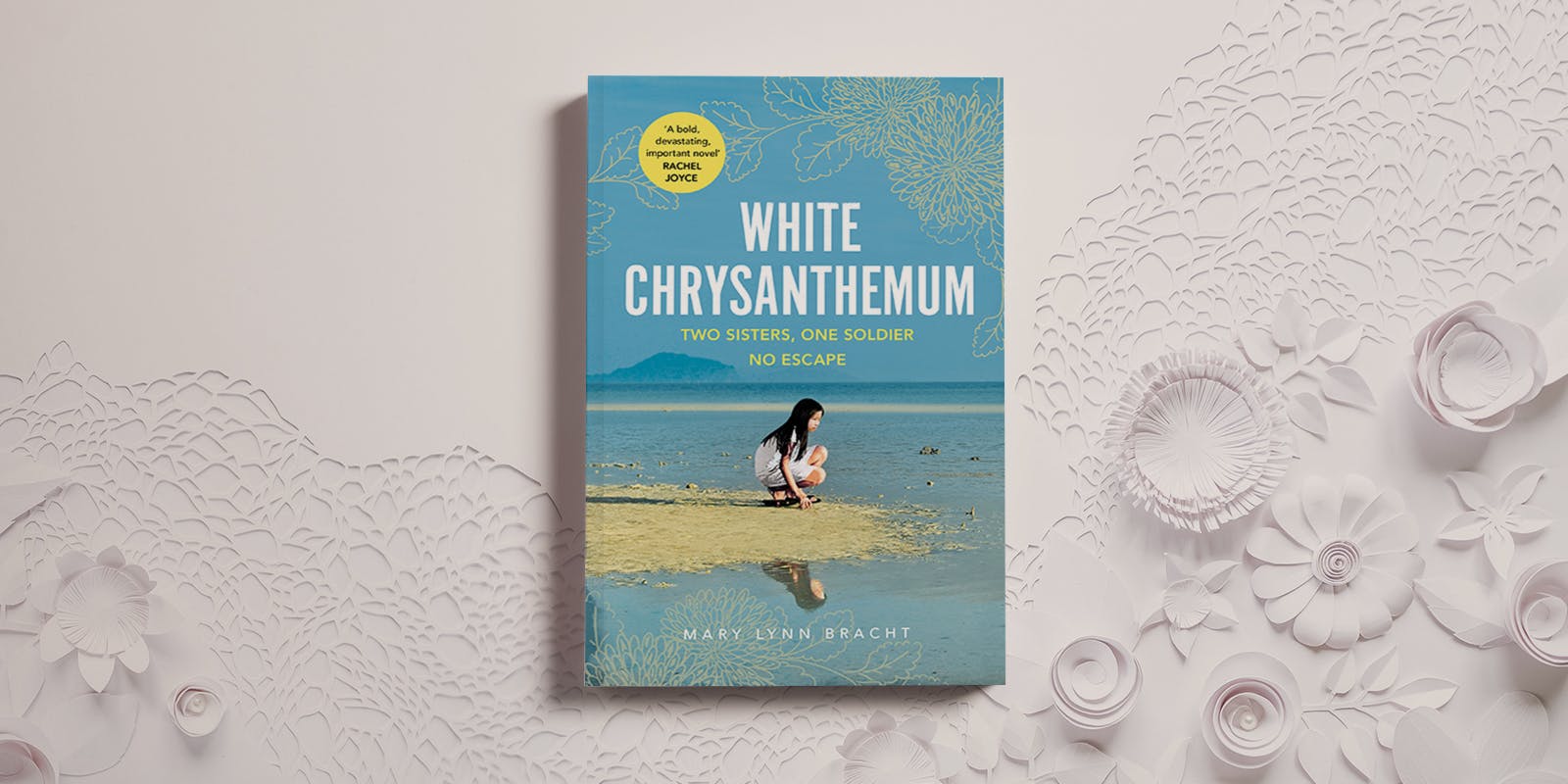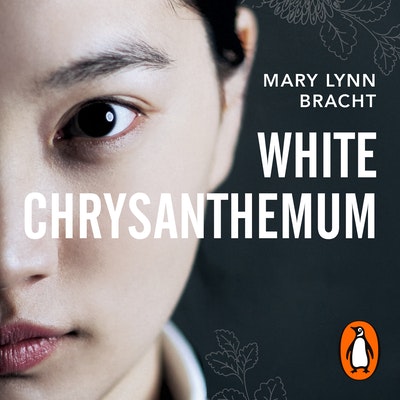Discover the strength of sisterhood in the face of war and adversity with your book club.
The heartbreaking story of Korea during the Second World War is brought to life in this gripping, redemptive debut about two sisters. Switch-backing between sisters Hana and Emi, White Chrysanthemum takes us into a dark and devastating corner of history. But pulling us back into the light are two women whose love for one another is strong enough to triumph over the evils of war.
Discussion points and questions:
- Historical events, and war in particular, have always been fertile ground for fiction. What do you think this seam of truth adds to your reading of such novels, and this book in particular?
- Readers have said that in White Chrysanthemum they are just as engaged in Emi’s story as they are in Hana’s. How do you think Mary Lynn Bracht has achieved this? Can you think of other books where multiple narratives have worked particularly well – or badly?
- What does being a haenyeo mean to Hana? How does this identity inspire her throughout the novel? Had you heard of the haenyeo before reading White Chrysanthemum?
- Were you surprised by the way the Japanese treated the Koreans during the Second World War? Has your understanding of the war changed after reading this novel?
- When we meet Emi, she often dreams of a girl swimming in the ocean. Why does Emi feel haunted by Hana? How does Emi remember her sister, and how does this relationship change throughout the novel?
- When the novel begins, Emi still lives on Jeju Island. What does Jeju Island mean for each sister? How would this story be different if it were set somewhere else?
- Is Keiko a friend to Hana? How does Hana’s time in the brothel alter her? How do the women she meets there support one another?
- How does Emi’s relationship with her son and daughter grow over the course of the novel? Why do you think she hasn’t told them about her family? Why do you think she changes her mind? Do you agree with her decision to tell them about her past?
- Everybody in the novel does bad things in one way or another, but what did you make of Marimoto as a character? Do you think he’s a dyed-in-the-wool villain, or do you think his experiences of war have made him the way he is?
- There is plenty to shock and distress the reader in White Chrysanthemum and yet we keep reading. Why do you think this is? Can you think of other books about traumatic events that manage to make us confront brutality without either sugar-coating it or making us lose all faith in humanity?













